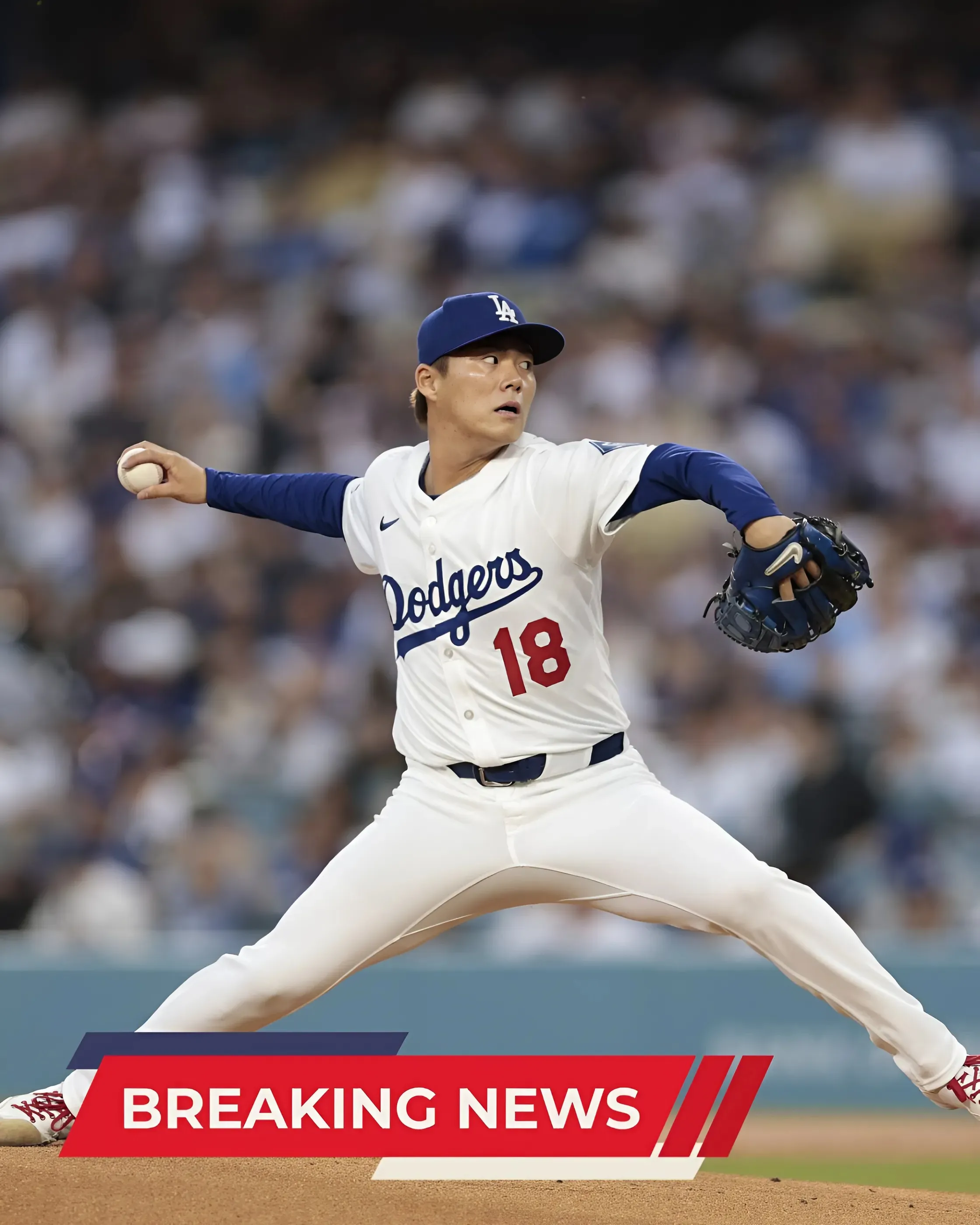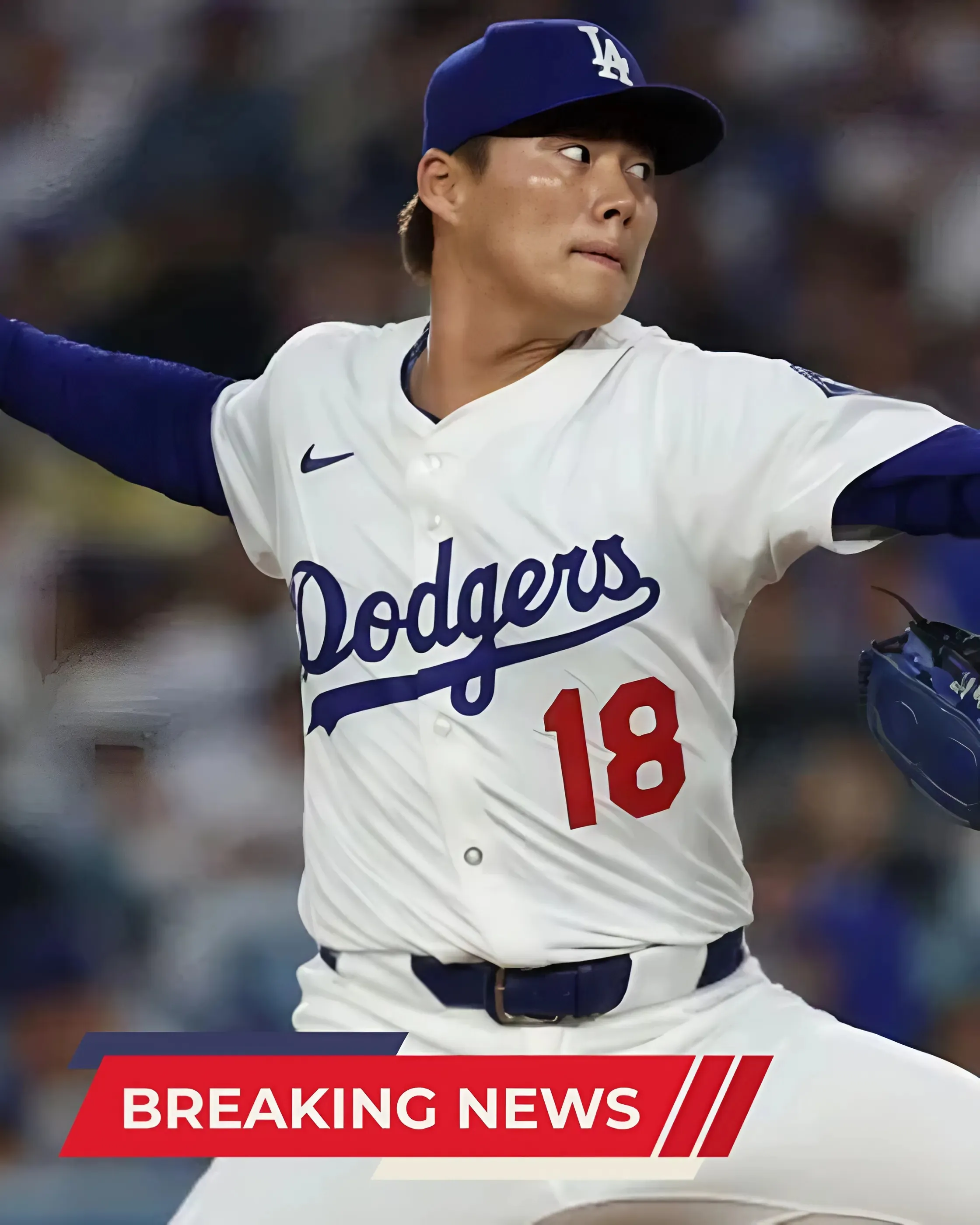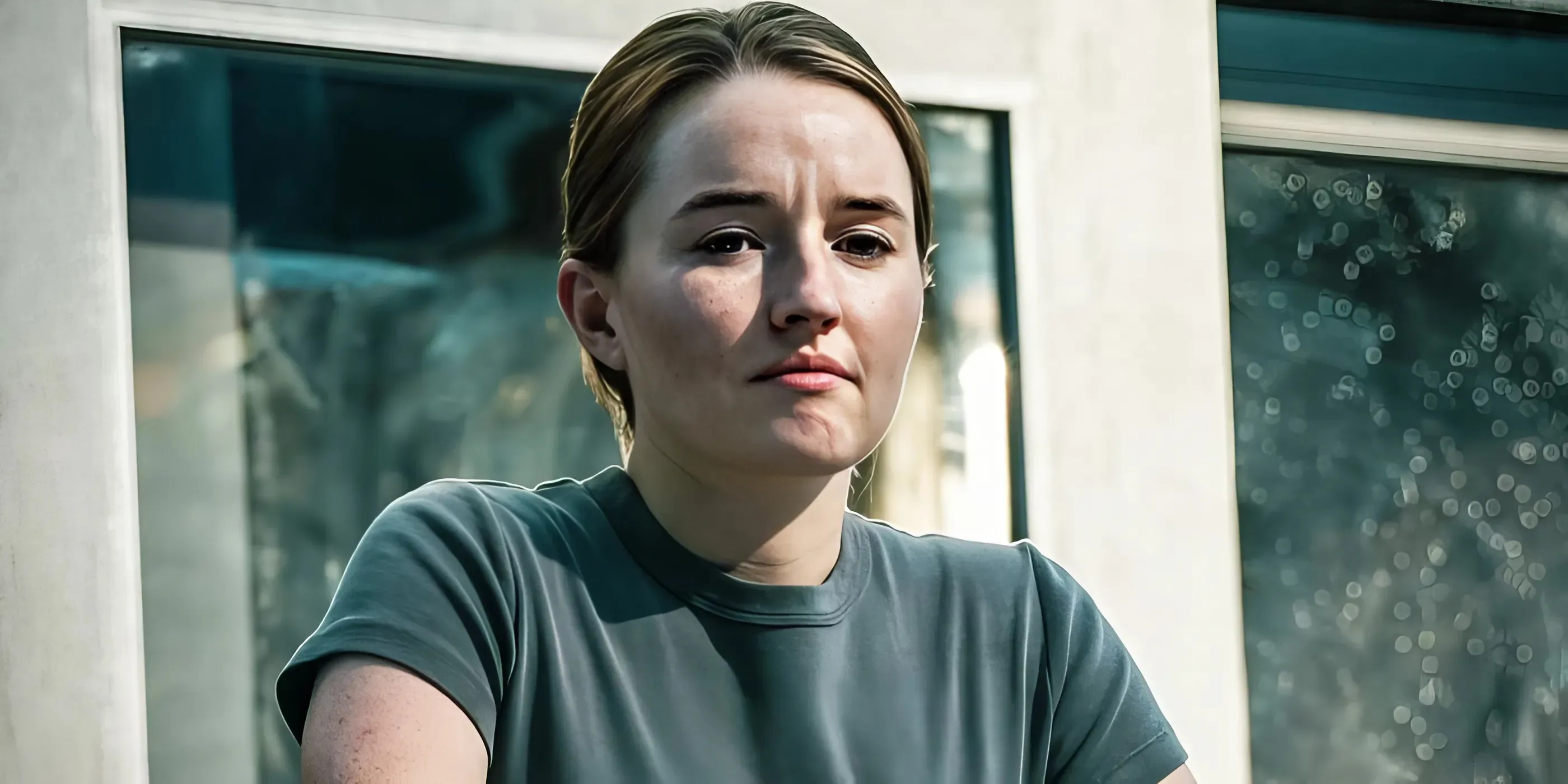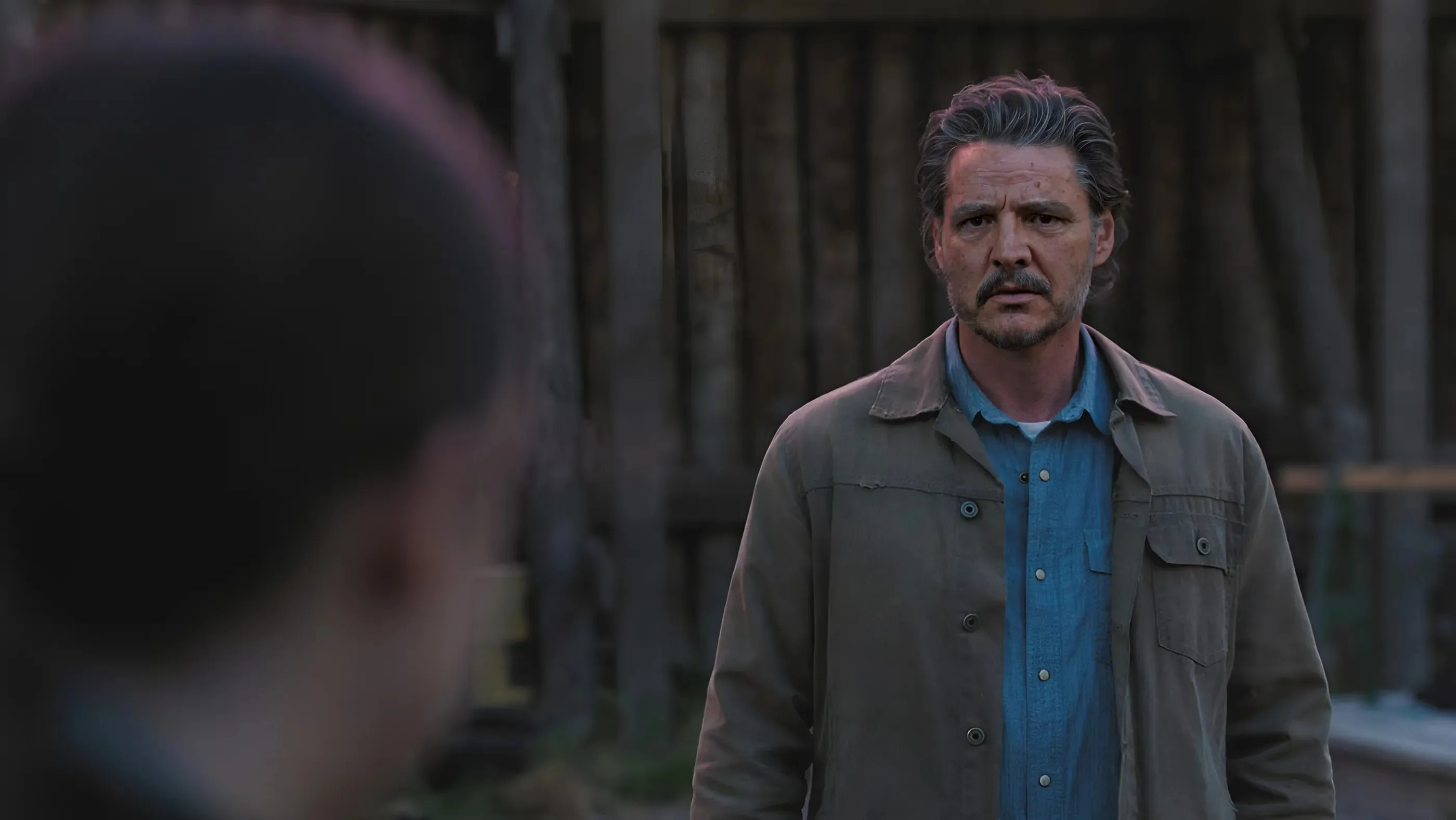There was a time when Dalton Knecht looked like a Rookie of the Year candidate and a lock for big minutes with the Los Angeles Lakers. The sharpshooter had posted four 20-point games in a span of seven outings, averaging 18.9 points per showing across Los Angeles' final nine contests in November.

If Knecht is hoping to have an opportunity to rekindle that flame in 2025-26, then he'll need to develop the one skill that derailed his momentum: Defensive positioning.
Asking Knecht to become a lockdown defender over the course of one offseason would be unrealistic. It'd certainly be a welcome development, but the reality is that he'll be a second-year player next season and will continue to face a learning curve.
What Knecht can achieve, however, is a better grasp of what Redick needs from him on defense—primarily when he isn't the on-ball defender.
Nothing is more important in the modern NBA for a defensive player than ensuring that they're in the right place at the right time. Off-ball movement is at an all-time high, and spacing is right there with it. As such, even the slightest uncertainty on defense generally results in points on the board.
Thankfully, there were signs of improvement in 2024-25 that suggest Knecht is closer to becoming a dependable defender than some let on.
Dalton Knecht must become a quality team defender to secure Lakers future
For as impressive as he was offensively, there's no way around how badly Knecht struggled on defense in 2024-25. Los Angeles allowed 114.9 points per 100 possessions with Knecht on the court, which ranked dead last among Lakers players who saw at least 1,000 minutes of action.
Los Angeles allowed 111.4 points per 100 possessions without Knecht on the court, thus revealing a significant 3.5-point improvement on defense.
For as fair as those concerns may be, Knecht actively addressed the issue until he became a positive contributor near the end of the regular season. In fact, over the Lakers' final 15 regular-season games, they posted their best defensive rating, 111.4, when Knecht was on the court.
By comparison, Los Angeles allowed 119.0 points per 100 possessions during that 15-game window without Knecht on the floor.
There was admittedly logic in the approach that head coach JJ Redick took to his rotation at that stage of the season. Injuries had ravaged Los Angeles throughout the year, and there was a clear directive to feature the veterans in hopes of developing last-minute chemistry ahead of the playoffs.
The reality remains, however, that Knecht is improving as a team defender—even if work still needs to be done in isolation.
If Knecht comes back next season and continues to provide value as a team defender, playing him 25-plus minutes per game will be far easier to justify. His offensive game is already advanced, and his capacity for explosive scoring performances should be valued on a team that lacks consistent bench scoring options.
Thankfully, if Knecht can develop the invaluable skill of being trustworthy away from the ball on defense, then everything else will begin to fall into place.



